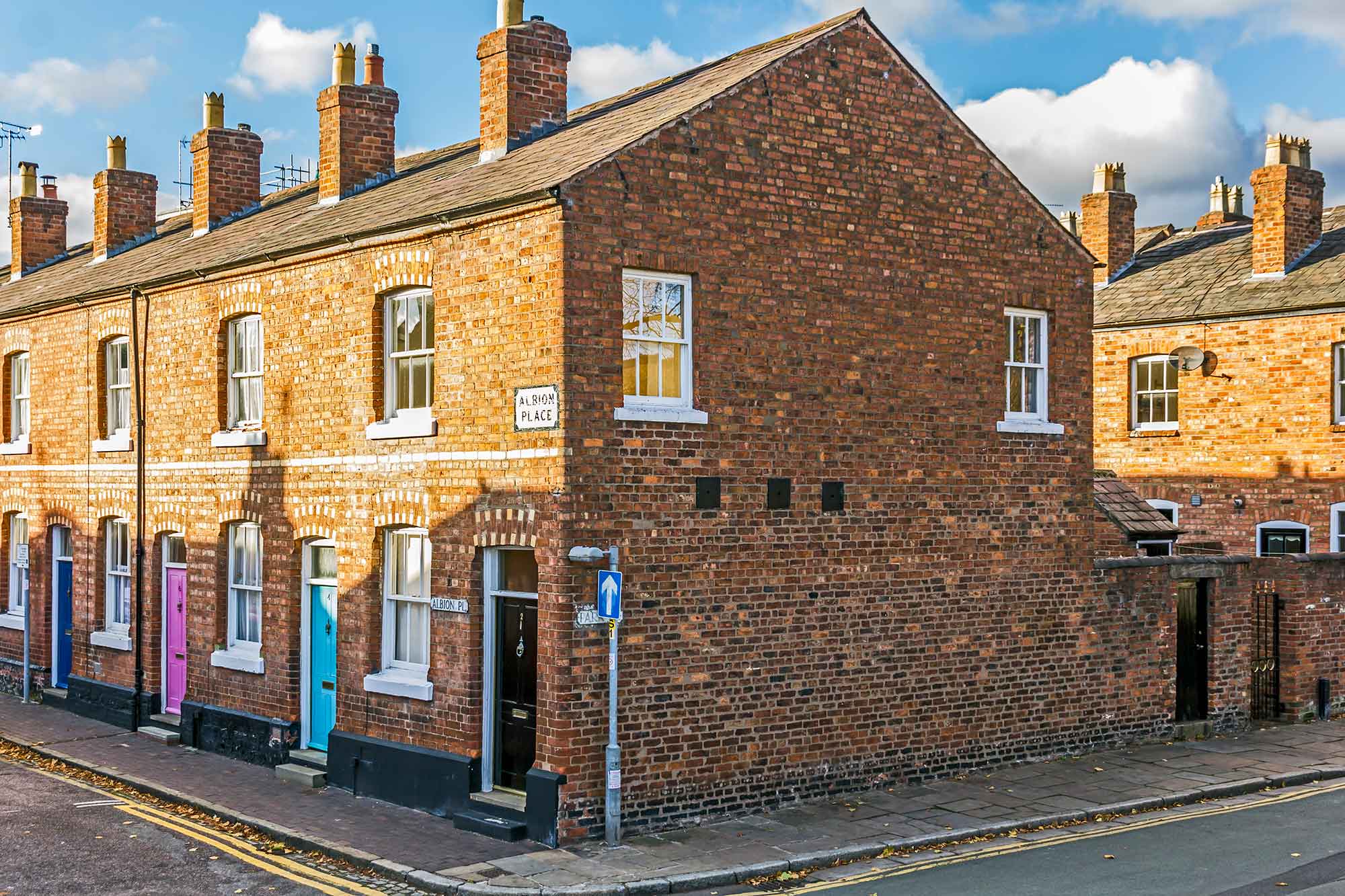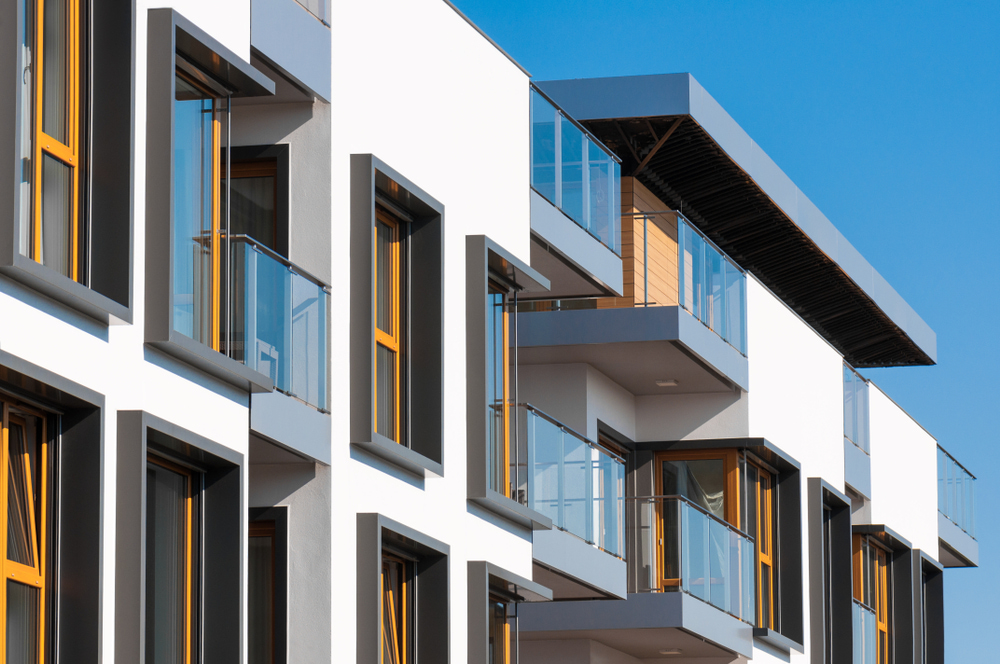What letting agents should know about the Government's Anti-Social Behaviour Action Plan
The Anti-Social Behaviour Action Plan gives landlords more power to evict anti-social tenants. But what is it and how can agents use it to support landlords?
The Goodlord team
Jun 19, 2024
The government will give landlords more power to crack down on anti-social behaviour from tenants, to "ensure those who are persistently disruptive are evicted". The Anti-Social Behaviour Action Plan includes reducing the notice for eviction of an anti-social tenant to just two weeks.
The plan also broadens and clarifies the definition of anti-social behaviour, to make it easier to prove or disprove in court.
For letting agents, understanding and explaining what powers landlords have for anti-social behaviour will help manage any nasty surprises, if they do occur.
Read our guide to find out more about the Government's Anti-Social Behaviour Action Plan:
- What is anti-social behaviour?
- Why were these anti-social behaviour rules introduced?
- What can letting agents do to help manage tenants committing anti-social behaviour?
- What powers do landlords have to evict their anti-social tenants?
- What new rules will be introduced in the social housing sector?
- How will these new rules be enforced?
What is anti-social behaviour?
According to the Anti-Social Behaviour Action Plan, anti-social behaviour can be defined as "a disturbance or disruption to the normal order of things; an attitude and show of disrespect for a place and the people that call it home".
Anti-social behaviour covers criminal and non-criminal behaviour such as:
- Intimidating behaviour - threatening or unruly behaviour, drunkenness, harassment and loitering in public spaces
- Drug use - including paraphernalia, mess and disruption that is associated with it
- Vandalism - graffiti, fly-tipping and littering
- Disruptive neighbours -playing loud music or dog barking all night.
Why were these anti-social behaviour rules introduced?
The Government reported that one in three tenancies in the private sector were ended by landlords due to a tenant's anti-social behaviour.
For the social housing sector, it was estimated that up to one million households were affected by anti-social behaviour in 2022.
There is also an issue with what happens once the behaviour is reported. Fifty-five per cent of social housing tenants who reported a problem were unhappy with the outcome.
Forty per cent said they didn't report it in the first place, as they didn't believe their landlord would take action.
What can letting agents do to help manage tenants committing anti-social behaviour?
It is not only landlords who are affected by anti-social tenants. In 2022, a landlord in London faced £150,000 worth of repairs to their home after illegal cannabis farms were created in their rental properties, and the managing letting agent was accused of negligence and taken to court.
Letting agents need to make sure they know who they are renting to. Conducting comprehensive and concise referencing checks will help both a landlord and letting agents feel confident that they know who they are renting to.
Using a referencing process, such as Vouch or PRO referencing, will help letting agents reassure their landlords with the knowledge of their prospective tenants.
What new powers will landlords have to evict anti-social tenants in the private sector?
The government has outlined different approaches depending on the type of tenant behaviour:
"Low-level - but high impact - anti-social behaviour"
Disputes that can be settled between neighbours, such as after-hours noise, occasional parties, or property left in communal areas, sometimes need further action.
The Anti-Social Behaviour Action Plan states that in scenarios such as this "residents should seek to resolve issues, if possible".
However, if an issue cannot be resolved between neighbours, the Government is looking at ways "to increase mediation in the Private Rented Sector, for example with the new Ombudsman to support landlords when tenants commit low-level - but high impact - anti-social behaviour".
A Private Renters' Ombudsman was a key promise of the Renters (Reform) Bill. However, as the Renters (Reform) Bill did not pass through Parliament before it closed for the General Election in May 2024, it is unclear whether this will still be achievable if there is no Renters (Reform) Bill.
"Sustained acts of intimidating or disruptive behaviour"
The government will take steps to make sure that tenants exhibiting consistently intimidating or disruptive behaviour will face the consequences. It will also help make grounds for possession "faster and easier to prove":
- All private tenancy agreements will need to include a clause around anti-social behaviour, to help make a "breach of contract" for this ground much clearer to establish.
- A two-week notice period will be introduced for anti-social behaviour eviction grounds. This will be included in the plans to reform section 8 under the Renters' Reform Bill.
- It will become easier to prove anti-social behaviour through the discretionary eviction ground. This means outlining what behaviour is "'capable' of causing ‘nuisance or annoyance’".
- The eviction process will be speeded up through prioritisation of anti-social cases.
- The government will also set out what judges must consider and how to weigh arguments - such as considering the impact and whether tenants choose to engage with the landlord to resolve the issue.
The government will consult on how to better monitor anti-social behaviour in the short-term let sector, through its planned registration scheme.
What new rules will be introduced in the social housing sector?
In January 2024, the Department for Levelling Up, Housing and Communities stated new rules for social housing reforms.
The rules stated include a ban, or even possible eviction, on tenants who "blight communities and repeatedly make their neighbours' lives hell through anti-social behaviour".
It will also introduce a “3 strikes and you’re out” approach to deprioritising those tenants for further social housing.
Conservative Housing Minister, at the time, Lee Rowley commented "If you abuse the system, making peoples’ lives a misery or actively work against our British values, you are making a choice – such choices will have consequences and our proposals seek to stop such people getting a social home."
How will these new rules be enforced?
The government will work with police and other local authorities and organisations to help "swiftly evict" tenants, where necessary.
Local authorities have started introducing schemes to minimise the possibility of anti-social behaviour.
In the Midlands, Labour councillors are set to introduce £1,000 for a licence, to continue housing people in small HMOs. This scheme should help "reduce significant persistent problems caused by anti-social behaviour".
This article is intended as a guide only and does not constitute legal advice. For more information, visit gov.uk.











